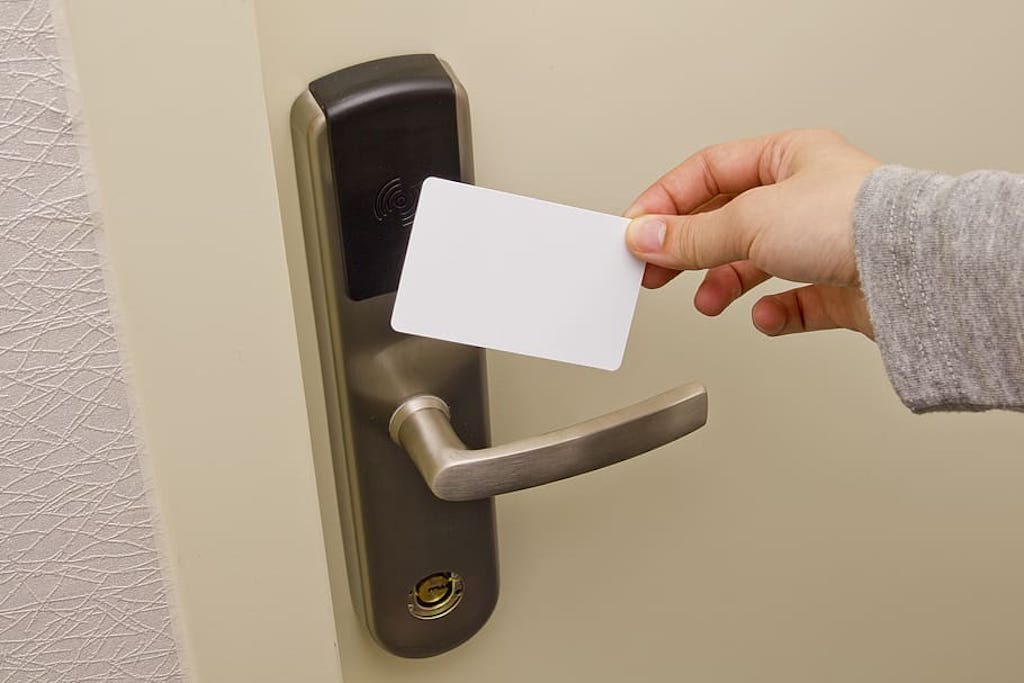Skift Take
Ashford Inc. wants to tout the strength of its smaller businesses that could benefit from changing guest expectations around health and safety, but it can't ignore the billions of dollars in hotel debt held by two of its associated real estate companies.
The executive behind the trio of hospitality companies that faced intense scrutiny over accepting coronavirus relief funds aimed at small businesses is looking for ways to navigate through a pandemic.
Ashford Inc. CEO Monty Bennett made headlines following passage of the $2 trillion coronavirus relief package after it emerged his company along with two lodging real estate investment trusts it advises — Ashford Hospitality Trust and Braemar Hotels & Resorts — collectively received $59 million in Paycheck Protection Program relief funds aimed at small businesses.
While initially rebuffing calls to return the funds, saying the individual hotels qualified as small businesses, Bennett later promised to return the money. While federal funds may not assist Ashford and its associated companies survive the coronavirus downturn in travel, changing guest expectations and alternative revenue streams show signs of giving Ashford Inc. a small financial lift.
“As far as jumping into corollary businesses or other product lines, there have definitely been opportunities,” Bennett said Thursday on a first quarter earnings call.
Ashford Inc. reported a first quarter net loss of $186.3 million, and there is a long road to recovery for the associated Ashford Trust and Braemar companies. The two lodging REITs entered agreements with Lismore Capital in the first quarter seeking modifications, forbearances, or refinancing totaling $5.1 billion across more than 40 different loans.
Neither Bennett nor other members of the Ashford executive team on Thursday’s call mentioned the PPP loan controversy.
But some of Ashford Inc.’s business lines did manage to show first quarter strength.
Ashford owns a 48 percent stake in OpenKey, a smartphone app for keyless entry into hotel guestrooms. The platform can go over existing door locks and enables mobile check-in, keyless entry, and digital key capabilities.
A digitization push to make the hotel experience as contactless as possible is a key component within the new health and safety standards from major hotel brands.
OpenKey ended the first quarter with 165 hotels under contract, up 57 percent for the year. Total revenue for OpenKey was up 103 percent since the first quarter of 2019. Growth continued into the second quarter, as there are now 201 hotels under contract.
“Several of our hospitality products businesses have pivoted their operations to launch new offerings that are focused on the safety of our guests and associates,” Ashford Inc. President Jeremy Welter said. “OpenKey is well positioned to capitalize on guest desires for contactless, digital check-ins.”
Ashford Inc. is likely to invest in operating companies serving the hospitality industry and serve as an accelerator to fuel their growth, Welter added of other investment opportunities.
Bennett also mentioned the potential of rolling out some of its products to non-hotel sources in the future. OpenKey technology could be used in apartment and condo buildings. Pure Wellness, an air and surface purification technology company Ashford has a controlling stake in, could be similarly expanded to multifamily developments.
Ashford has even considered deploying capital to acquire property types beyond the hotel sector, Bennett said.
“It’s something we’ve looked at but not an area that will provide any material revenue for us in the near-term, but [it] would start to grow over time,” Bennett said.
Have a confidential tip for Skift? Get in touch
Tags: ashford hospitality, cares act, coronavirus, coronavirus recovery
Photo credit: Ashford Inc. leaders touted growth in business lines not directly involved in hotel ownership Thursday. PxFuel
